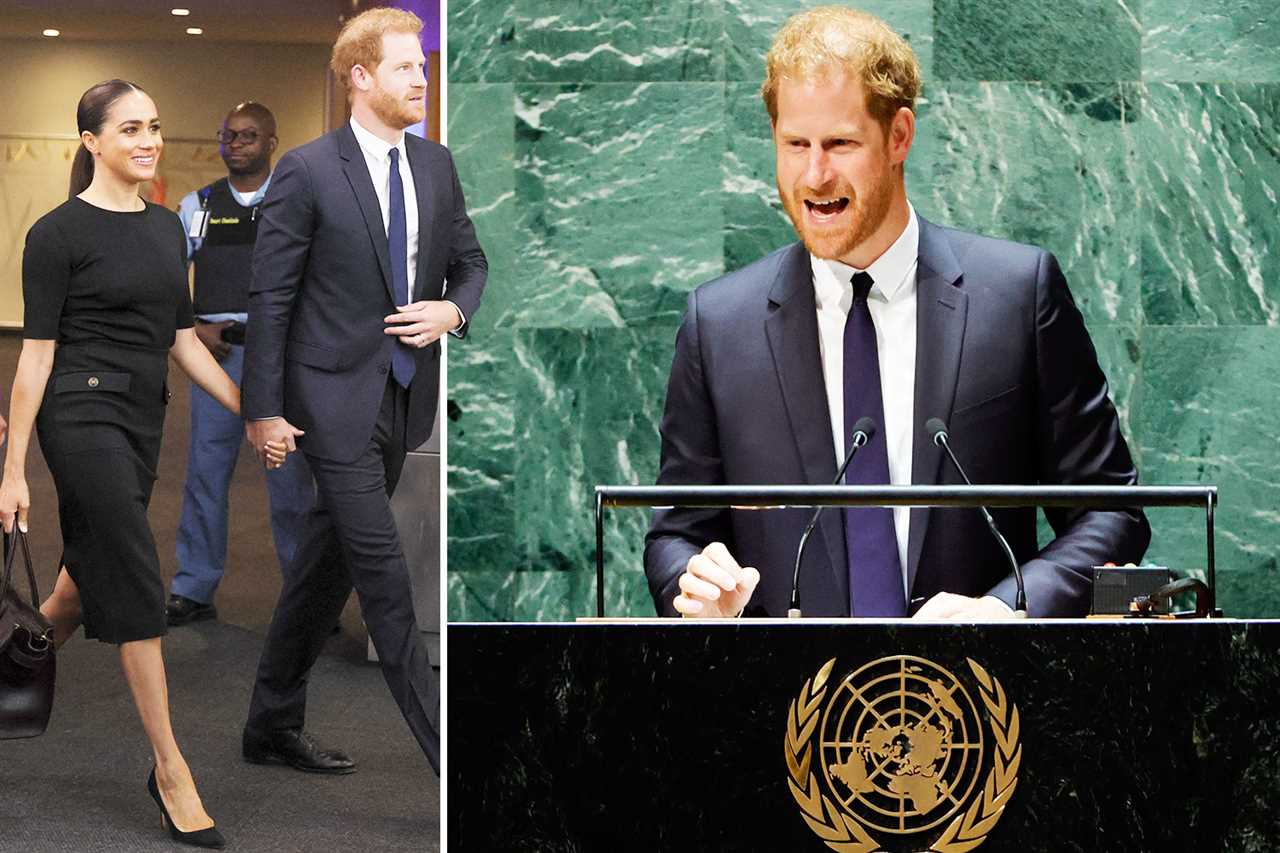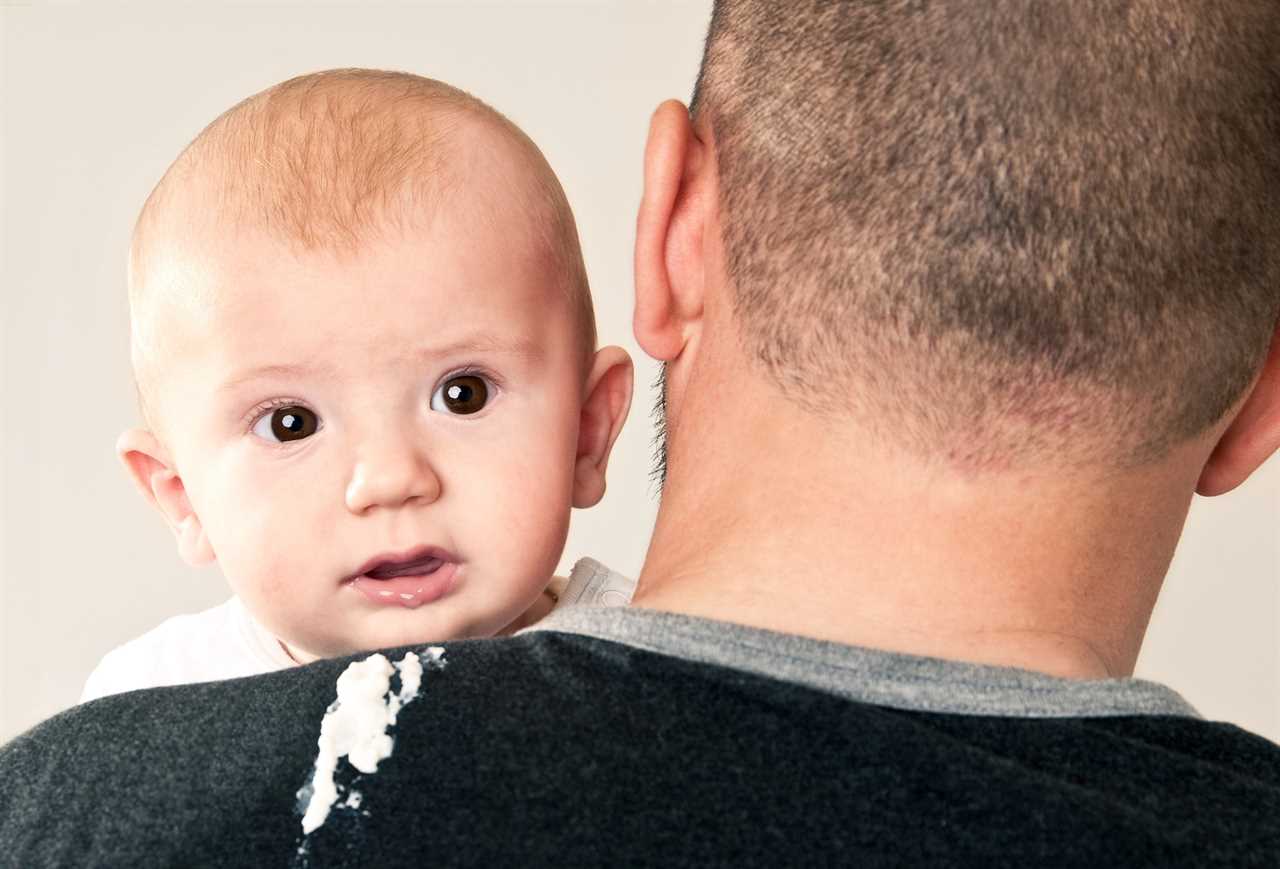PRINCE Harry WON his bid to take the Home Office to court over his security today – but the judge unleashed a blow to the Duke’s case.
The Duke of Sussex is suing the Home Office because it refused to spend taxpayers’ money on his bodyguards after he quit royal life.

Prince Harry’s lawyers had asked for a full judicial review of the Home Office’s decision
In the first stage of the case earlier this month, the duke’s lawyers asked Mr Justice Swift to grant permission for a full hearing to have a judge review the Home Office’s decision.
They revealed Harry believes the Queen’s private secretary, Sir Edward Young, “should not have been involved” in the February 2020 decision, adding there were “significant tensions” between the pair.
In a judgment today, the High Court judge said the case could proceed, granting permission for part of Harry’s claim to have a judicial review.
But Mr Justice Swift added: “The application for permission to apply for judicial review is allowed in part and refused in part.”
LET DIANA DOWN
BBC apologises to William and Harry over 'malicious' Diana interview claims
The duke’s challenge concerns the February 2020 decision of the Executive Committee for the Protection of Royalty and Public Figures (Ravec) over his security, after being told he would no longer be given the “same degree” of personal protective security when visiting.
His legal team argued the security arrangements set out in a letter from Ravec, and their application when he visited the UK in June 2021, were invalid due to “procedural unfairness”.
In written arguments, Ms Fatima said Harry was not given a “clear and full explanation” of the composition of Ravec and those involved in its decision-making – for example, that it included the Royal Household.
She also said his understanding was that his points regarding security, which he passed on to the Royal Household, were being “fully and properly communicated to Ravec”.
Ms Fatima said he was denied the opportunity to make representations directly to Ravec and was “materially prejudiced” because “among other things, his offer to pay (for security) was not conveyed to Ravec before the decision was made”.
She added: “He does not know what else – as communicated by him to the Royal Household – was not fully/timeously conveyed to Ravec.
“He was deprived of the opportunity to comment on the appropriateness of Ravec’s process (and) the involvement of certain individuals in the Ravec process prior to the decision being made.
“It is arguable that, if there had been a fair process, Ravec would or could have reached a different decision.”
The filing also read: “(Prince Harry’s) offer (to pay for police protection) was made at a meeting on 13 January 2020 at which members of TRH [The Royal Household] were present and is also referred to in an email to Sir Edward Young of 16 April 2020.
“There has been no explanation of why the offer was not conveyed.”
Lawyers for the Home Office say Ravec was entitled to reach the decision it did, which is that the duke’s security arrangements will be considered on a “case by case” basis, and argue that permission for a full judicial review should be refused.
Sir James also said there is “no basis for the court to conclude that it would be anything other than highly likely” that allowing Harry to make representations to Ravec before the decision was made “would not have led to that decision being substantially different, or even at all different”.
Sir James Eadie QC, representing the Home Office, said in written arguments that any tensions between Harry and Royal Household officials are “irrelevant” to his change in status.
He said: “In his skeleton, the claimant now refers to objections he might have made to any role being played by officials of the Royal Household in Ravec’s decision-making – apparently because of personal tensions he felt with them.
“But there is no bias challenge and any such tensions are irrelevant to the undisputed fact of the claimant’s change in status which led to the decision of Ravec.
“The inability of the claimant even now to explain how a process of representations could or would have assisted is striking.”









